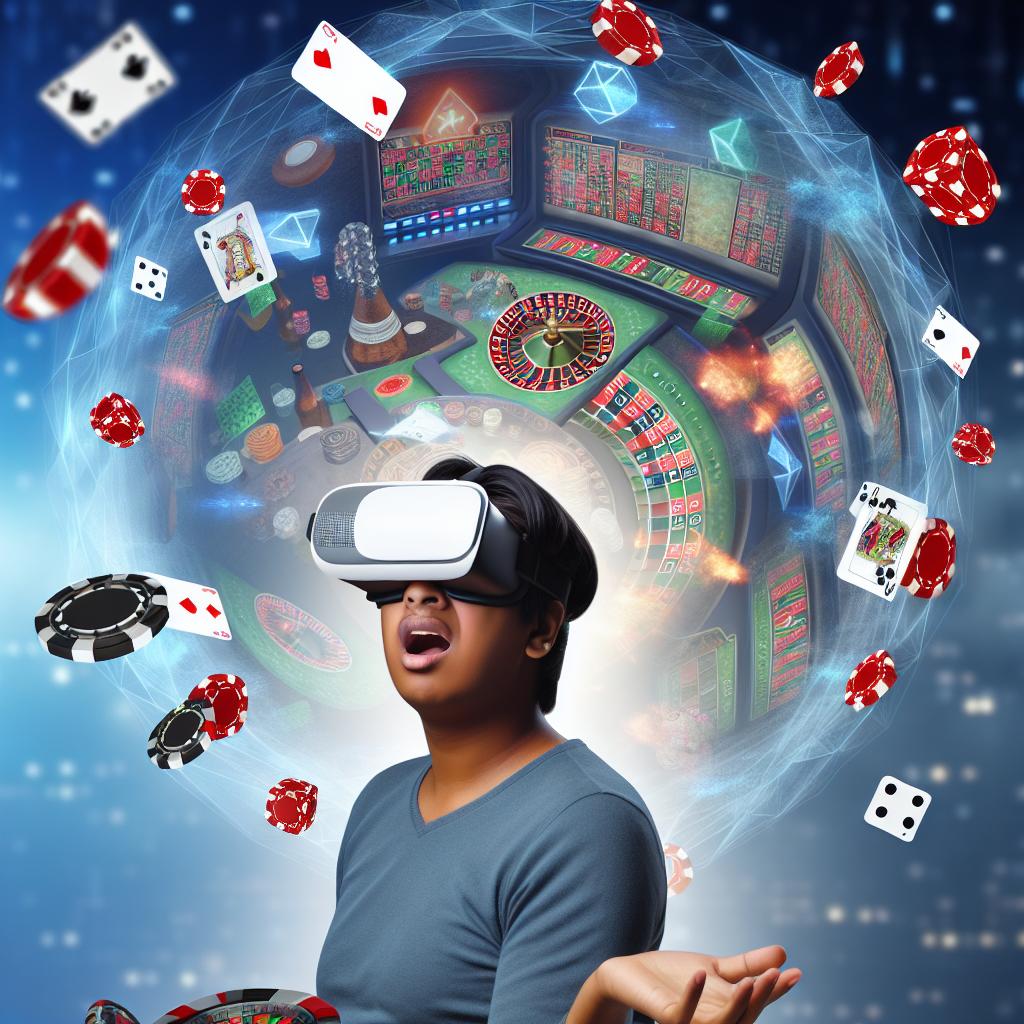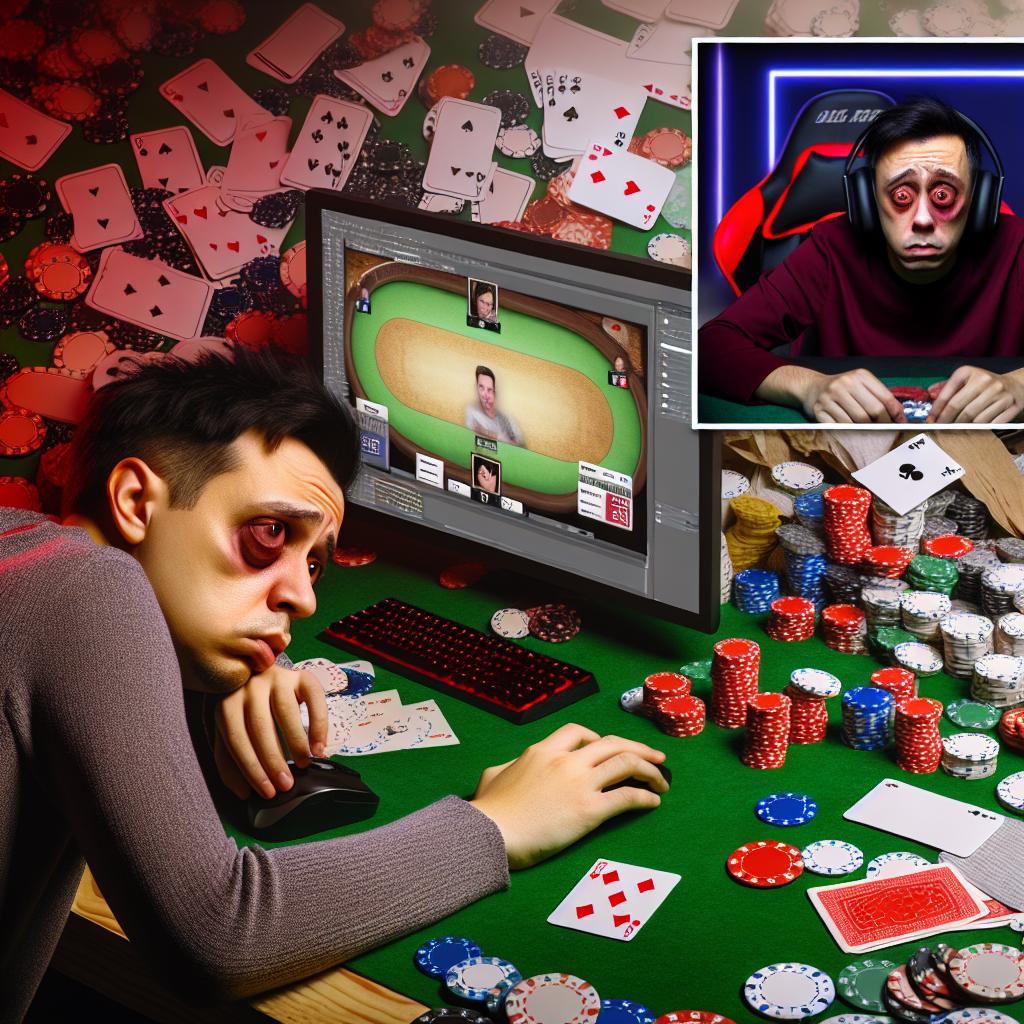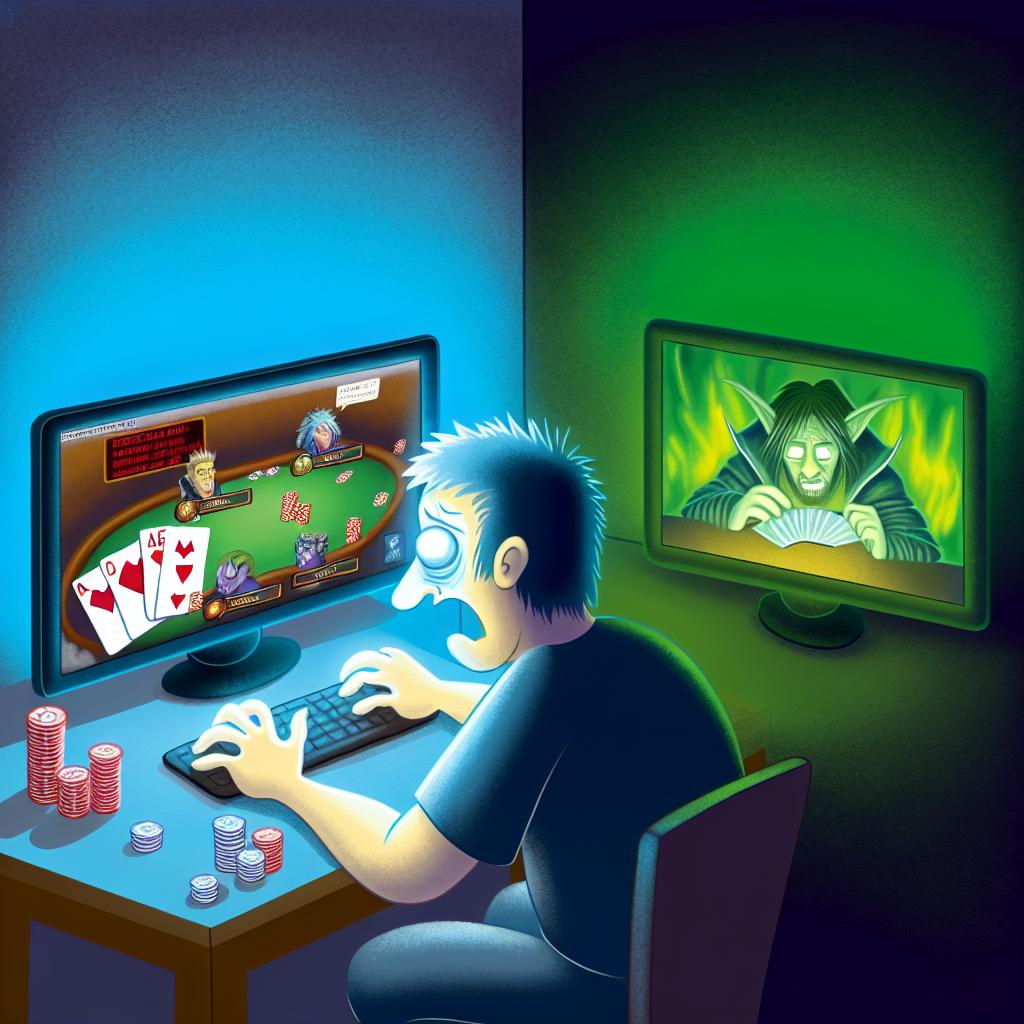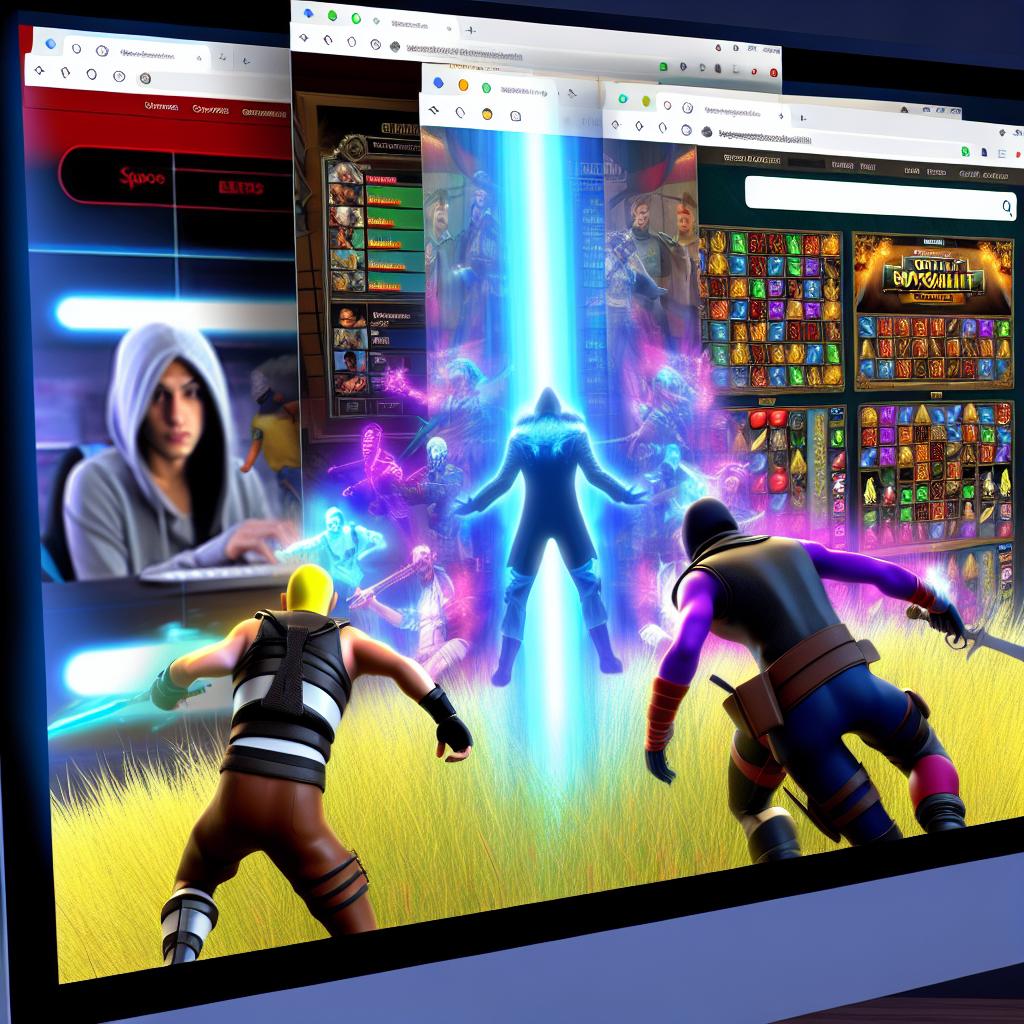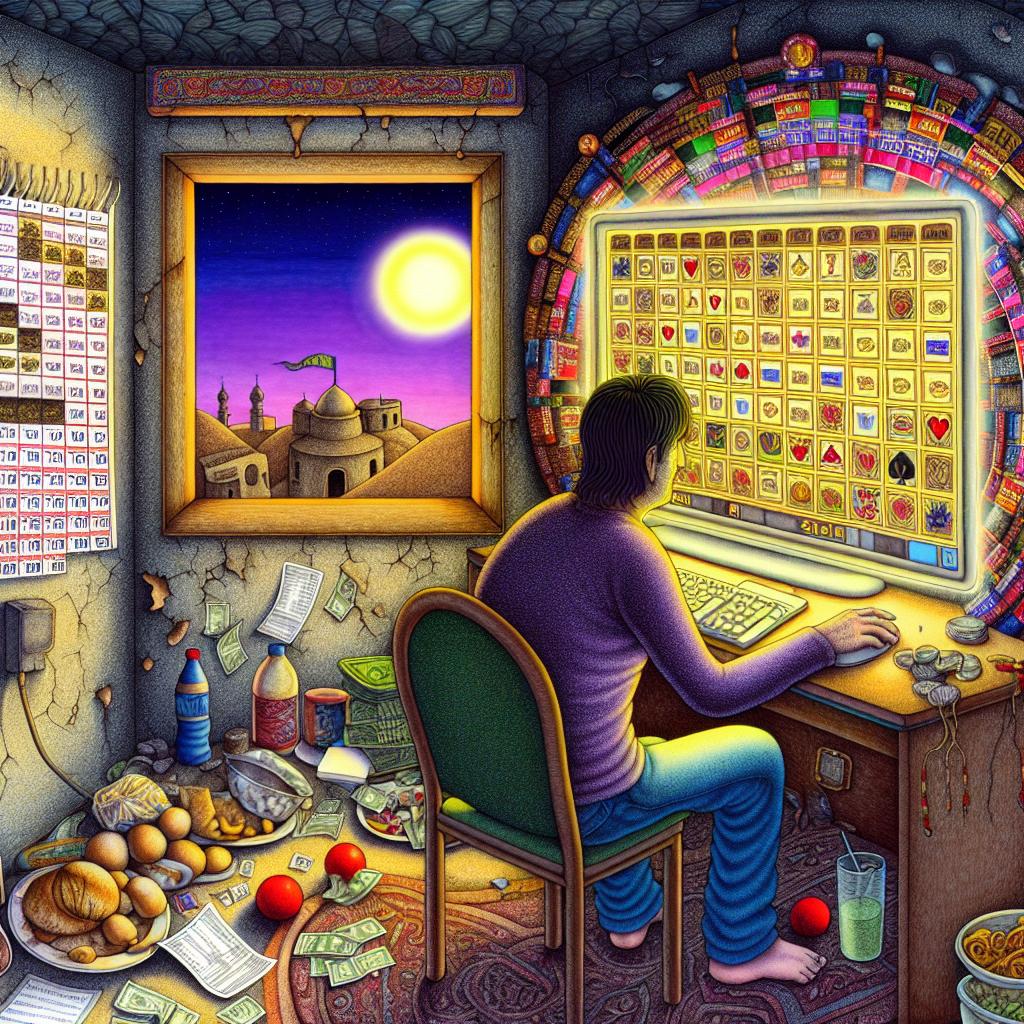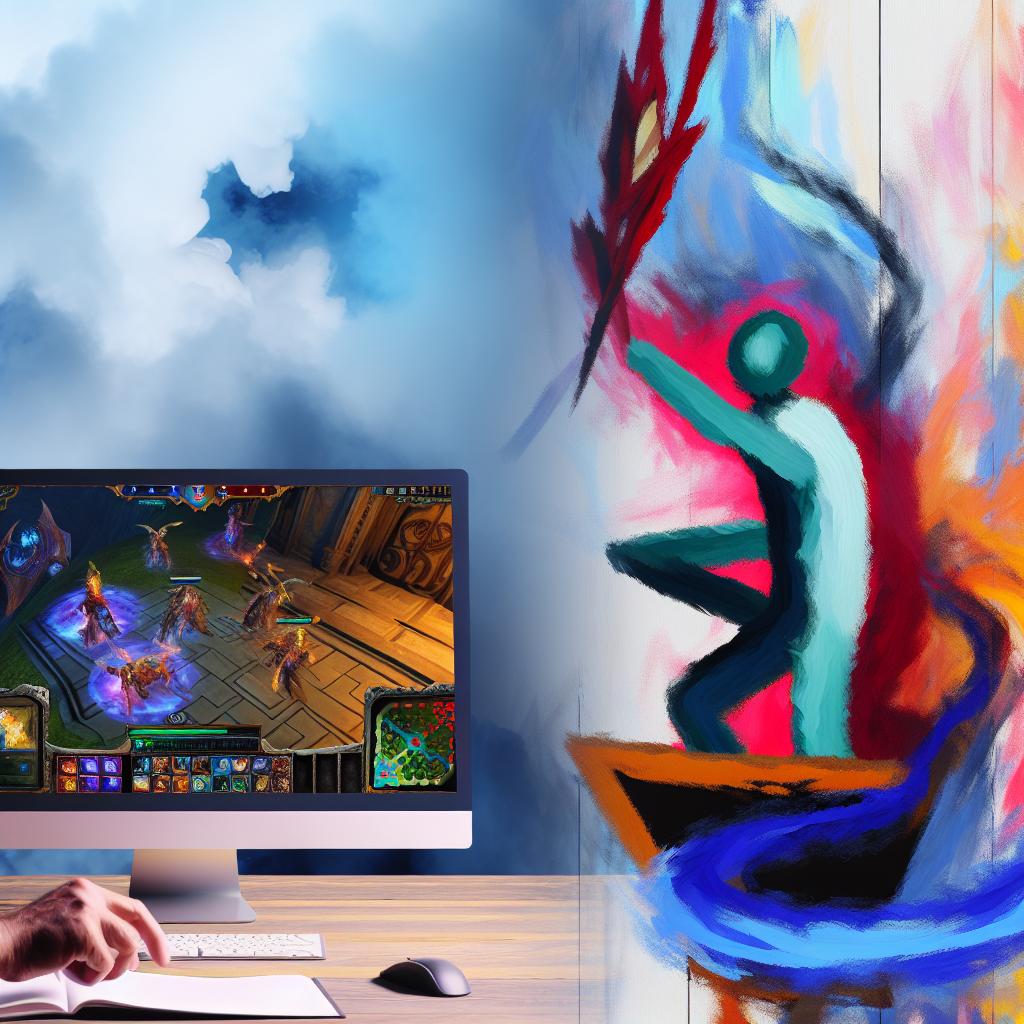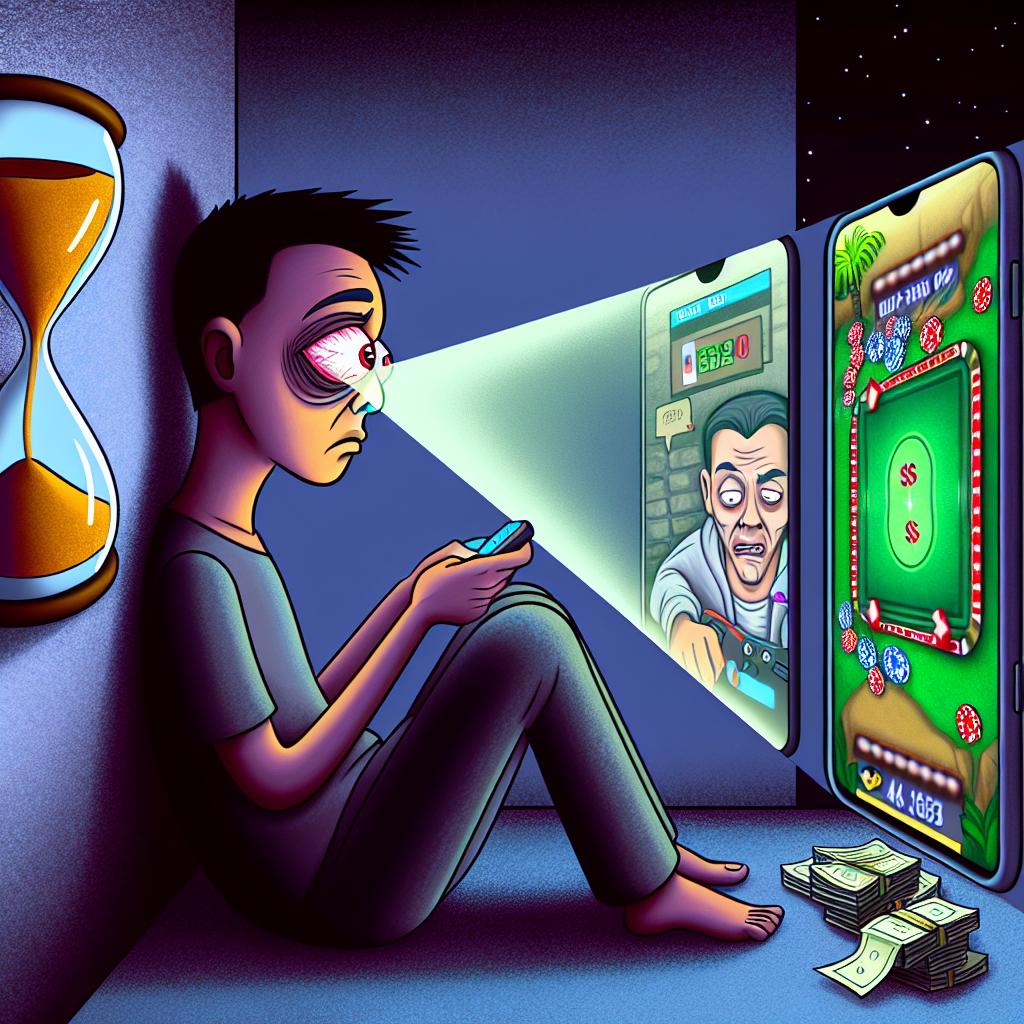Understanding Mobile Gaming Addiction
The proliferation of mobile gaming apps has led to increased engagement from users worldwide. However, this engagement can sometimes cross into addiction, a growing concern among health professionals and researchers. This document aims to explain mobile gaming addiction, its potential impact, and approaches to management.
Defining Mobile Gaming Addiction
Mobile gaming addiction can be described as a condition where individuals become excessively or compulsively preoccupied with mobile games, often to the detriment of other areas of their lives. It is marked by an inability to control gaming behavior, despite unfavorable consequences. The addiction is sometimes compared to other behavioral addictions like gambling due to similar cognitive and behavioral expressions.
Indicators of Addiction
Addiction to mobile gaming may manifest in several ways:
Excessive Time Spent: Individuals frequently spend an increasing amount of time on mobile games, often at the expense of personal responsibilities or social interactions. This pattern can lead to an escalation where gaming dominates daily schedules.
Loss of Interest in Other Activities: As gaming occupies a more significant part of one’s life, hobbies and activities that were previously enjoyable may become neglected or abandoned. This shift can result in a narrowing of interests and a decrease in varied life experiences.
Neglect of Responsibilities: Professional and educational responsibilities might be ignored due to persistent gaming habits. This neglect can have long-term consequences, affecting career prospects, academic performance, and personal development.
Physical Symptoms: Some individuals may experience symptoms such as eye strain, sleep disturbances, or repetitive strain injuries. These physical issues can compound over time, leading to a decline in overall health and wellbeing.
The Impact of Mobile Gaming Addiction
The implications of mobile gaming addiction extend beyond individual behavior. There can be wide-reaching effects on mental health, social relationships, and economic factors.
Mental Health Concerns
Several studies suggest a correlation between gaming addiction and mental health issues. Addictive gaming can exacerbate depression, anxiety, and contribute to stress. The constant engagement required by these games can lead to mental exhaustion, reducing the capacity for emotional regulation and increasing vulnerability to mental health disorders. For more information on mental health in relation to technology, refer to this resource.
Social and Economic Effects
Excessive gaming often leads to social isolation, reducing face-to-face interactions and weakening social ties. This type of isolation can deter the development of meaningful relationships and support networks. Furthermore, economically, individuals might invest significant financial resources into in-game purchases, negatively impacting their financial stability. These in-app purchases can sometimes perpetuate a cycle of spending, contributing to financial strain.
Approaches to Managing Mobile Gaming Addiction
Addressing mobile gaming addiction involves both personal strategies and potentially professional intervention.
Behavioral Strategies
Implementing structured gaming times and setting healthy limits can aid in reducing gaming-related issues. This disciplined approach encourages individuals to allocate time to diverse activities, promoting a balanced lifestyle. Encouraging alternative activities and hobbies can also provide balance and fulfillment, opening new avenues for personal growth and social connection.
Professional Help
In cases where behavioral strategies prove insufficient, professionals like counselors or psychologists might offer therapeutic approaches. Cognitive-behavioral therapy (CBT) has shown promise in treating gaming addiction by altering adverse thought patterns and promoting healthier behaviors. This therapeutic approach focuses on modifying gaming-related behaviors and thoughts and developing problem-solving skills that address the addiction’s root causes.
Seeking Support
Support groups and forums dedicated to gaming addiction can provide community-based assistance. These platforms often offer peer advice, shared experiences, and coping strategies, fostering a sense of belonging and understanding. Participants can learn from each other’s experiences, gaining insights into managing their addiction. More information can be found via this organization.
Conclusion
Understanding and addressing mobile gaming addiction is crucial as mobile technology continues to evolve. While games provide entertainment and stress relief, maintaining a balanced approach is essential to preventing negative outcomes. Individuals must be vigilant about their gaming habits, ensuring they don’t interfere with daily life responsibilities and relationships. Through awareness and appropriate management strategies, individuals can enjoy mobile gaming while minimizing risk. Prioritizing balance allows players to engage with games for leisure while retaining control over their lives.


